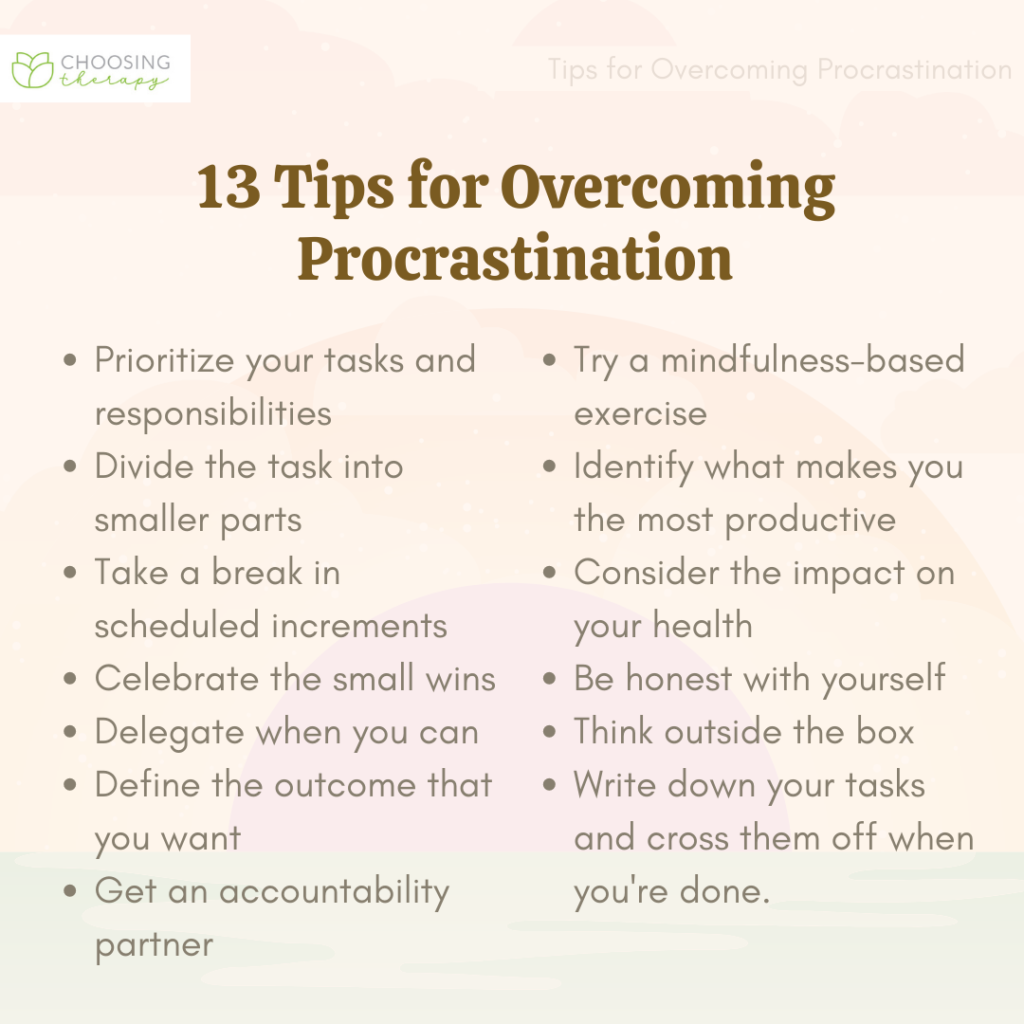The Science Behind Procrastination, Emotional Dependency, and Impostor Syndrome
The Science Behind Procrastination, Emotional Dependency, and Impostor Syndrome
Blog Article
In today's fast-paced world, many individuals struggle with mental and emotional challenges that affect their daily lives. Among these, procrastination, emotional dependency, and o que procrastinação impostor syndrome are some of the most common challenges. What can you do to break free from these patterns?
This article, we will dive into the causes and solutions these three challenges. By understanding their impact and learning how to tackle them, you can build a healthier mindset and achieve your goals.
What is Procrastination?
Procrastination refers to postponing important activities despite knowing their importance. It often stems from fear of failure, lack of motivation, or poor time management.

When procrastination takes over, it procrastinaçao can lead to stress, missed opportunities, and reduced productivity. To combat procrastination requires practicing self-discipline and creating actionable plans. Consider techniques like the Pomodoro Technique or setting realistic deadlines to stay on track.
The Nature of Emotional Dependency
Emotional dependency is a state where a person depends excessively on external relationships to fulfill their emotional needs. While human connection is essential, emotional dependency can become unhealthy when it leads to a lack of independence.

Symptoms often include a fear of rejection, difficulty making decisions independently, and constant seeking of external approval. To overcome emotional dependency, it’s crucial to develop self-awareness and learn to validate yourself internally. Engaging in personal development activities and professional guidance can be helpful tools.
What is Impostor Syndrome?
Impostor syndrome refers to a psychological phenomenon where someone feels like a fraud despite evident success. People with impostor syndrome often attribute their achievements to luck rather than recognizing their talent and hard work.

This mindset can lead to anxiety, self-doubt, and a fear of being “exposed”. Addressing this issue involves challenging self-critical beliefs and acknowledging personal successes. Engaging in supportive discussions and embracing self-compassion can support personal growth.
How to Address These Challenges?
Here are some practical steps:
- Create a routine to combat procrastination and break larger tasks into smaller milestones.
- Build self-awareness to identify patterns of emotional dependency and foster personal resilience.
- Practice gratitude to counter impostor syndrome and consider therapy or coaching.
Long-term improvement requires persistence, so stay committed to these approaches to see positive changes.
Conclusion: Taking the First Step
These challenges can feel overwhelming, but you can overcome them by taking deliberate action. With awareness and consistent effort, you open the door to personal growth.
Start today by recognizing these patterns in your life and adopting simple, actionable strategies. Always keep in mind: progress is a journey, not a destination.
Report this page